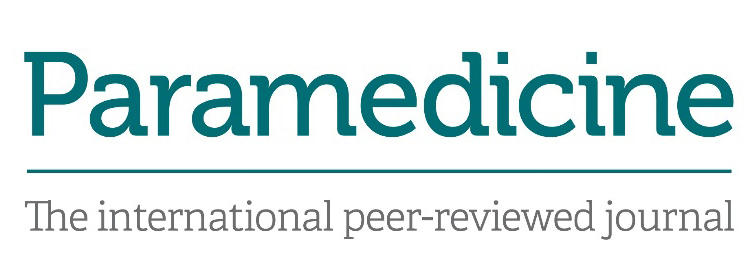|
|
|
Title: Fentanyl-driven "hot shot" murders and implications for paramedic practice Introduction: Drug users must navigate daily threats to their safety. While many of these are well understood, one common concern—“hot shotting”—has received limited attention. Hot shotting refers to the deliberate injection of lethal drug concoctions (usually fentanyl or analogues) with the intent to kill. The cause of death is usually labeled an overdose, and no further investigation ensues. While some recent news stories have drawn attention to this phenomenon, there is a near absence of empirical work on hot shots and the relationship between opioids and homicide, which our research starts to fill. Objective: To understand how street-involved drug users describe, experience, and are affected by hot shotting, and discuss the implications for paramedic practice. Methods: In-depth, semi-structured interviews were conducted with 620 street-involved people who use drugs across four Canadian cities, most of whom were homeless. Participants were asked questions about drug use, safety, victimization, and encounters with public health and law enforcement actors. Thematic analysis was used to generate organizational and substantive codes. Interviews were coded using NVIVO. Results: Hot shots are a significant concern for street-involved/unhoused people, compounding their safety by introducing a highly injurious, easily concealable form of victimization onto the streets. Hot shots often take place in the context of street-based disputes (‘street beefs’), and are disguised as an overdose. This can notably impede police, public health, and coroner efforts to detect, investigate, and/or classify such deaths as homicides. Conclusion: Hot shot deaths have multiple consequences for street-involved people’s safety and wellbeing. Our research demonstrates the need for greater paramedic and police attention to this issue given they are typically the first on scene in case of a (suspected) overdose. Examining hot shots is important as it can affect frontline practice, mortality surveillance, resource allocation, and drug policy. |
Katharina Maier is a criminologist and Associate Professor in Criminal Justice at the University of Winnipeg. Her research focuses houselessness and poverty, drugs and public health, punishment, and policing. Her work is funded by SSHRC and CIHR and




